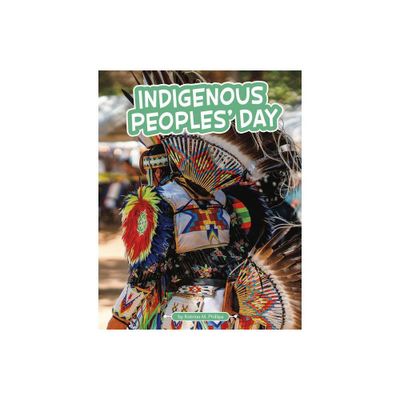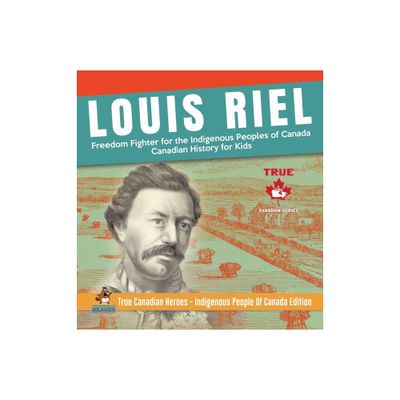Home
Indigenous Peoples and the Future of Federalism
Loading Inventory...
Barnes and Noble
Indigenous Peoples and the Future of Federalism
Current price: $85.00


Barnes and Noble
Indigenous Peoples and the Future of Federalism
Current price: $85.00
Loading Inventory...
Size: Hardcover
*Product Information may vary - to confirm product availability, pricing, and additional information please contact Barnes and Noble
As a settler state, Canada’s claims to sovereign control over territory are contested by Indigenous claims to land and to self-determination.
Indigenous Peoples and the Future of Federalism
presents legal analyses that explore forms of federalism and their potential to include multiple and divided sovereignties.
This collection aims to advance reconciliation with Indigenous peoples in Canada and elsewhere by developing jurisprudence on the possibilities for a nation-to-nation relationship between Indigenous nations and Crown sovereignty. Contributors use legal creativity to explore how federalism can be structured to include the constitutional jurisdiction of Indigenous nations. Several chapters are grounded in the Canadian context while others connect the issues to international law and other settler colonial jurisdictions, recognizing how Indigenous resistance to settler laws and government decisions can at the same time be the enactment of Indigenous legalities and constitutional cultures. Ultimately,
offers innovative ways for Canada to move forward from this challenge using existing constitutional mechanisms to give life to a plurinational Canadian federalism inclusive of the jurisdiction of Indigenous peoples.
Indigenous Peoples and the Future of Federalism
presents legal analyses that explore forms of federalism and their potential to include multiple and divided sovereignties.
This collection aims to advance reconciliation with Indigenous peoples in Canada and elsewhere by developing jurisprudence on the possibilities for a nation-to-nation relationship between Indigenous nations and Crown sovereignty. Contributors use legal creativity to explore how federalism can be structured to include the constitutional jurisdiction of Indigenous nations. Several chapters are grounded in the Canadian context while others connect the issues to international law and other settler colonial jurisdictions, recognizing how Indigenous resistance to settler laws and government decisions can at the same time be the enactment of Indigenous legalities and constitutional cultures. Ultimately,
offers innovative ways for Canada to move forward from this challenge using existing constitutional mechanisms to give life to a plurinational Canadian federalism inclusive of the jurisdiction of Indigenous peoples.


















